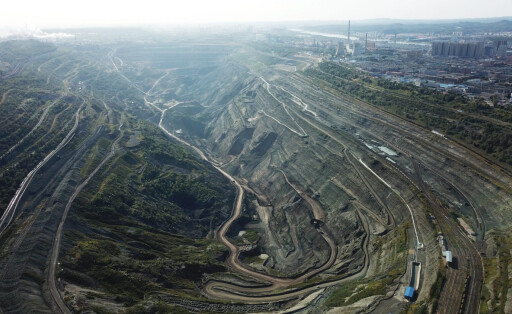
Coal phase-out: Many plants could profitably close
Over 800 coal power plants in developing countries could be profitably shut down and replaced with clean solar energy by 2030, according to a recent report.
By Lukas Bayer

Over 800 coal power plants in developing countries could be profitably shut down and replaced with clean solar energy by 2030, according to a recent report.
By Lukas Bayer

A new study highlights that the EU has been underestimating consumption-based emissions (CBEs) in its climate policies, suggesting that addressing consumption reduction and complex supply chains could be pivotal.
By
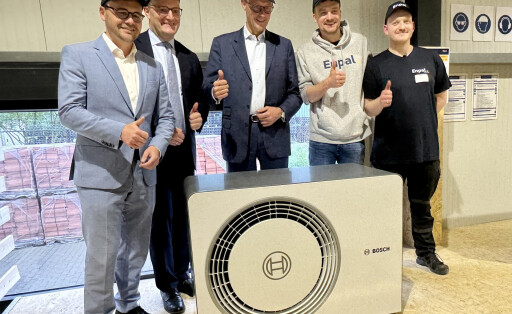
The CDU (Christian Democratic Union) is stepping back from its sharp criticism of the heating law enacted by the current coalition government. Party leader Friedrich Merz now positions himself as a fan of heat pumps, while Vice Chairman Andreas Jung proposes demands that would not result in significant changes.
By Malte Kreutzfeldt

After a solo move by an Austrian Green Party member, the EU member states voted narrowly in favor of the EU Nature Restoration Law. The goal is to restore 20 percent of land areas by 2030.
By Lukas Bayer
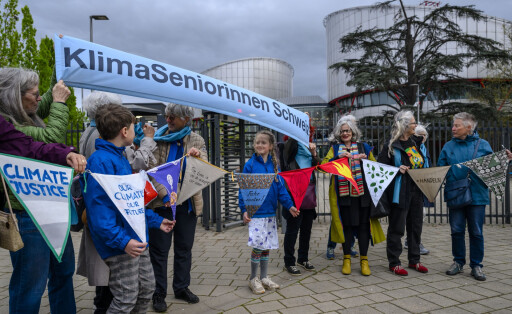
The Swiss Parliament criticizes the European Court of Human Rights' ruling on the climate seniors and intends not to follow it. For some, this contradicts direct democracy.
By Priscilla Imboden

Get to know the "Top of the Table": 100 key minds of the international climate scene. Selected by the Climate.Table editorial team in ten categories, from politics to administration, consulting, think tanks, foundations and NGOs. Today: the most important personalities from the business world. Here is the overview.
By
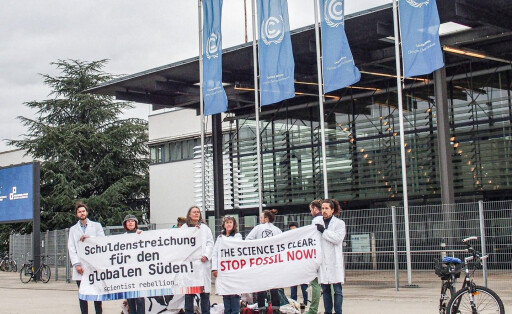
Developing and emerging countries need hundreds of billions of dollars to fight the climate crisis. However, if most of this money is provided as loans, it could exacerbate the debt crisis in many of these countries. The Bonn climate conference (June 3–13) debated ways to prevent this.
By Nico Beckert

After significant discussion about the stance on Gaza at COP28 in Dubai, the conflict has also surfaced at the SB60 interim climate conference in Bonn. German climate and environmental organizations are largely isolated in their position on Gaza.
By Fabian Löhe
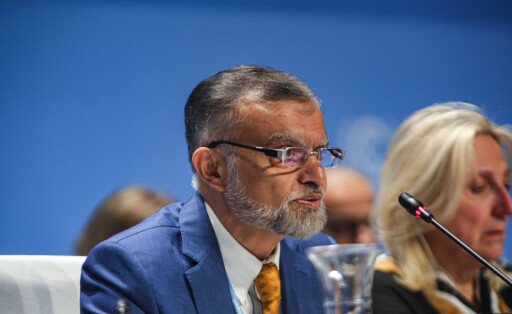
Nabeel Munir is one of the highest-ranking diplomats in the climate conference process. At the Bonn Interim Climate Conference, he has to reconcile numerous different interests and wants to encourage all countries towards more ambitious climate action.
By Redaktion Table
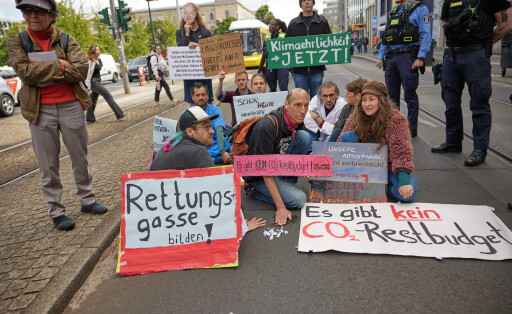
After 100 days, the activists of "Starving Until You Are Honest" ended their hunger strike, citing no shift in climate policy from Olaf Scholz and criticizing the media.
By Fabian Löhe